The Berlin Project Fund for Arts Education promotes cultural projects by and with young people. It is overseen by the Foundation for Cultural Education and Cultural Consulting, which is affiliated with the Berlin Senate. Shaping culture is a long-term project, with plenty of hurdles along the way – can’t we find an easier way to fund innovative projects?

The Berlin Project Fund for Arts Education promotes cultural projects by and with young people. It is overseen by the Foundation for Cultural Education and Cultural Consulting, which is affiliated with the Berlin Senate. Shaping culture is a long-term project, with plenty of hurdles along the way – can’t we find an easier way to fund innovative projects?
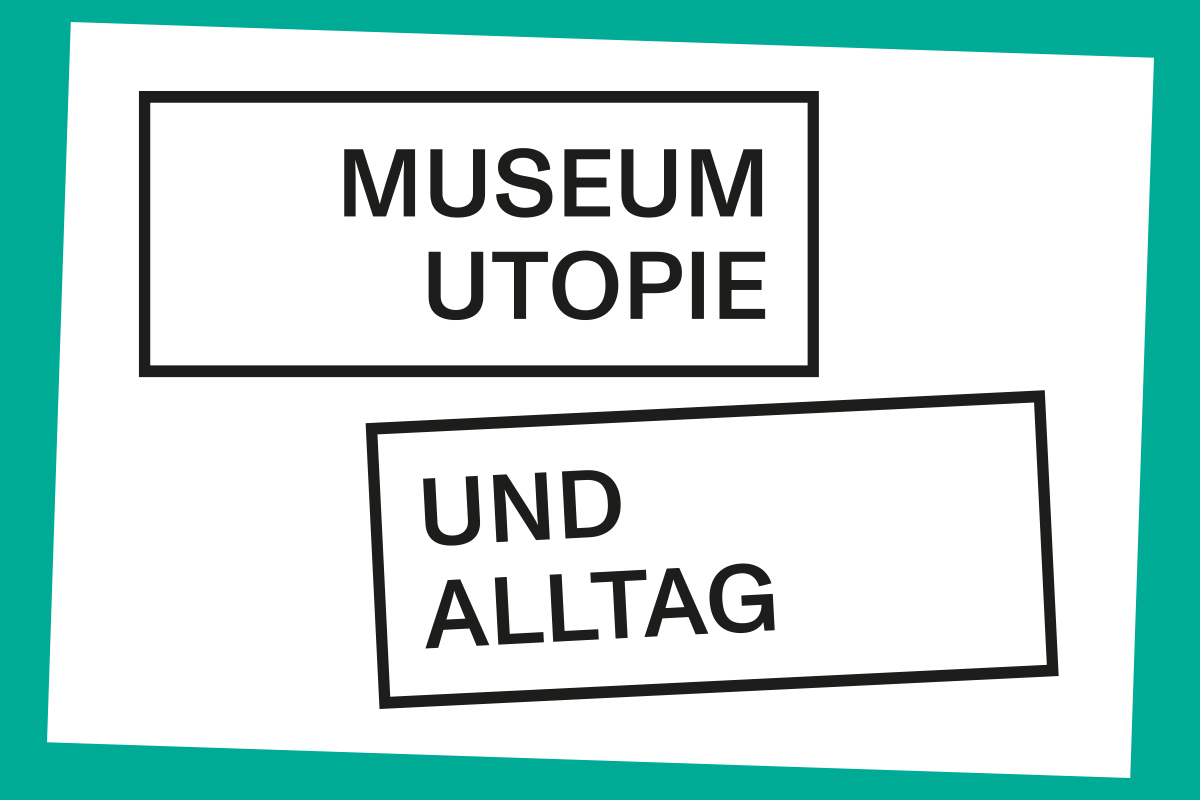
The Museum of Utopia and Daily Life is made up of two complementary collections in two different locations: the Documentation Centre of Everyday Culture of the GDR in Eisenhüttenstadt and the Beeskow Art Archive in Beeskow.
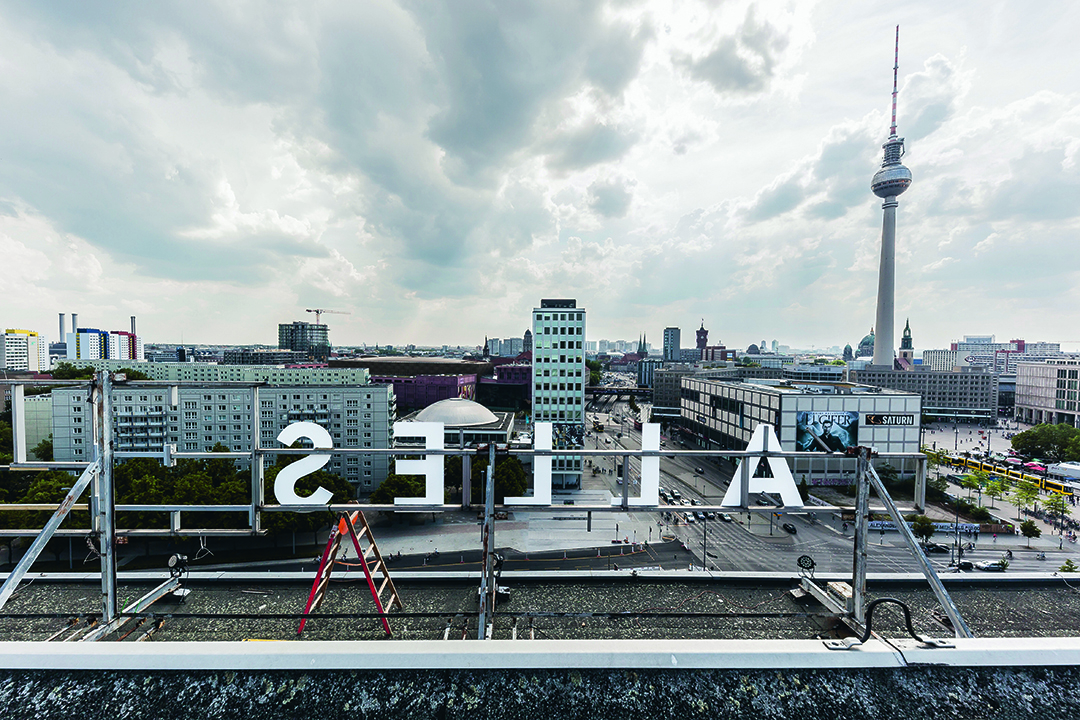
In 2019 the former East German bureau of statistics, on Berlin’s Alexanderplatz, became the venue for STATISTA, an exploration of artistic prototypes for a new civil society. While temporary takeovers of vacant urban space often leave nothing but gentrification in their wake, the projects under the STATISTA umbrella aimed to leave a lasting legacy of urban renewal for the benefit of all – a statecraft of the future.
Hanover’s Museum of History is known for engaging its audience, with a personal tone and content that speaks to people’s realities. In April 2020, the museum was partially closed while exhibitions continued in some of its rooms and public spaces. Together with the HMH team, we created a communication strategy, accompanying media and a brand for the museum’s interim activities until it reopened with a new permanent exhibition.
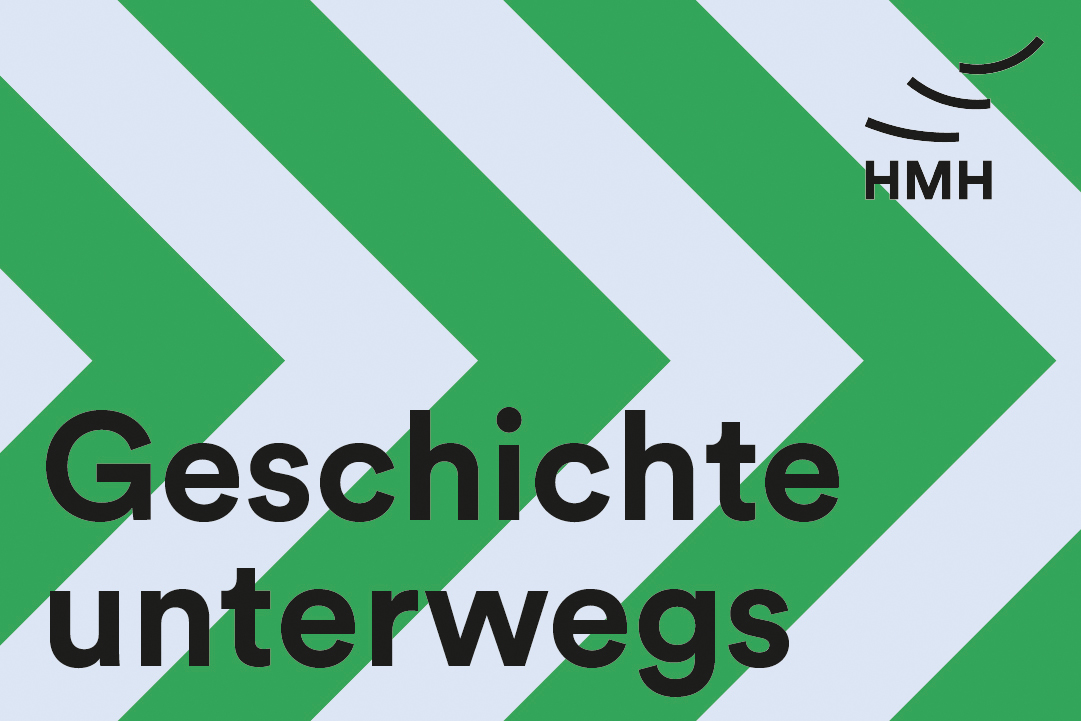
Hanover’s Museum of History deals with topics relating to the city’s identity and lets its audience have their say. In April 2020, the museum was partially closed and its exhibitions went out into the city. Together with the HMH team, we developed a communication strategy for the time on the road, the brand Geschichte unterwegs and all accompanying media. This year, the museum was also able to move into a store in Hanover’s city center: the “Hannover Kiosk” will be the museum’s headquarters for the next few years. We designed this place.
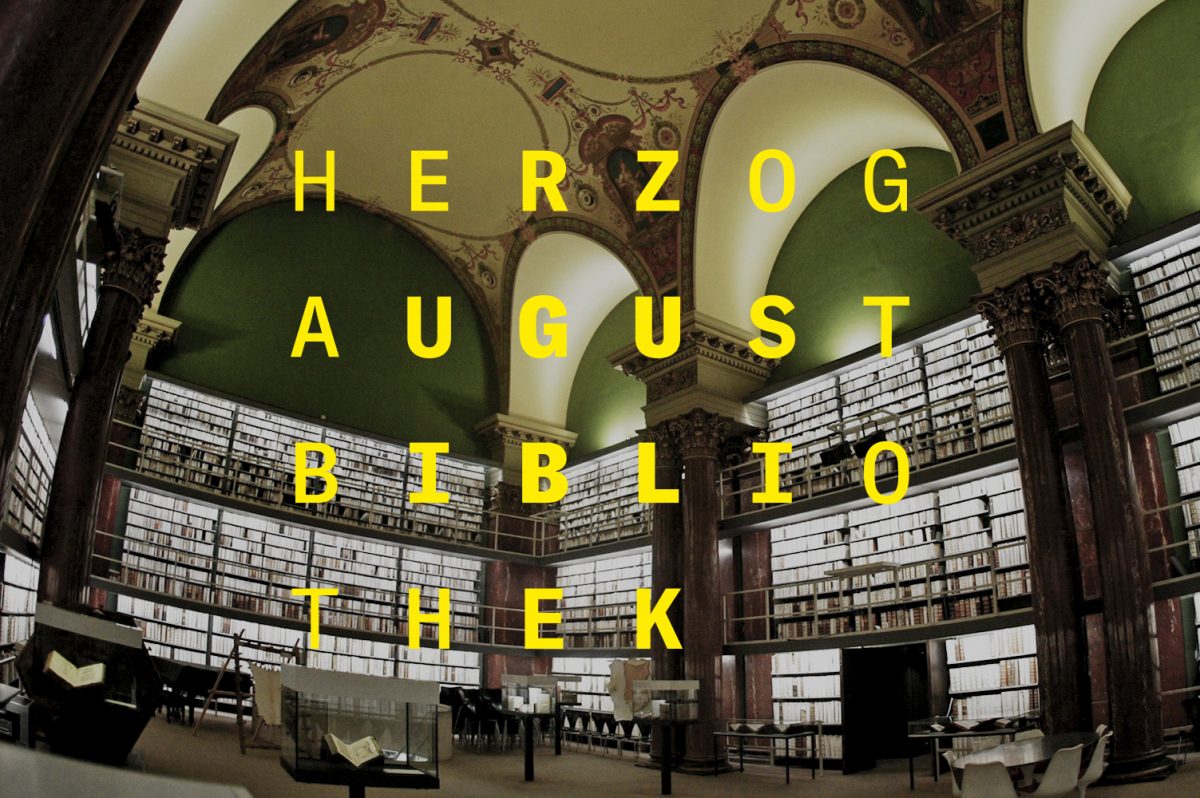
The Herzog August Bibliothek in Wolfenbüttel is steeped in history: Once called the eighth wonder of the world, it is now Germany’s national library for 17th-century literature. We created an elegant and contemporary visual identity for this modern center of historical research.
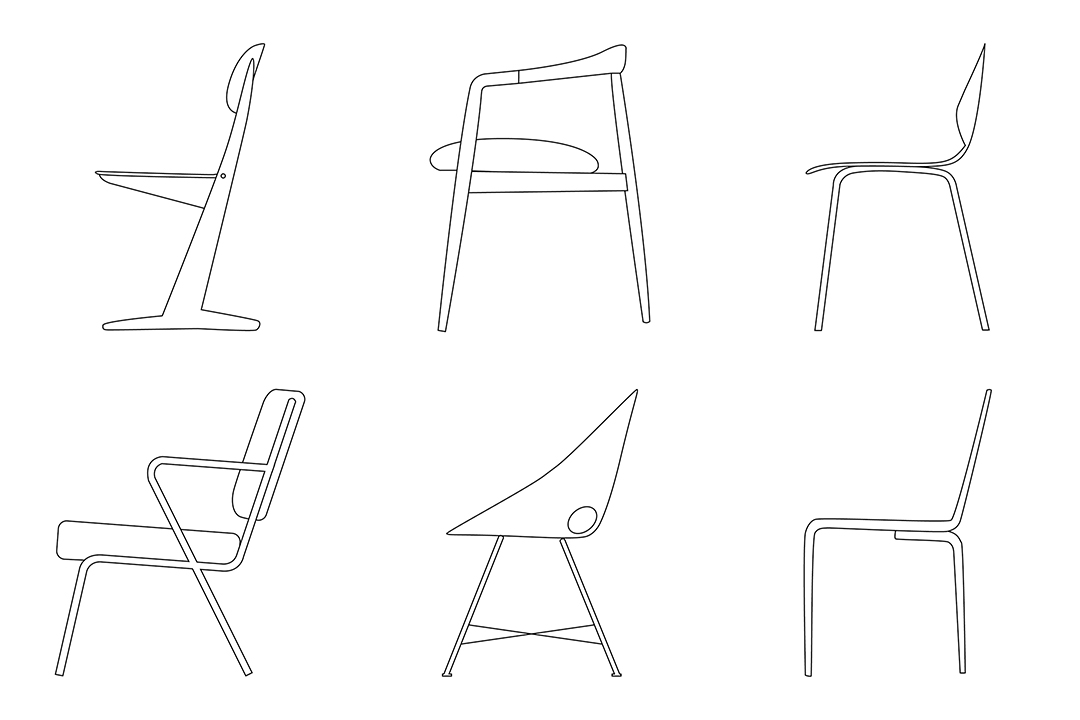
Propelled by the fame of the Bauhaus movement, German design captured the world’s imagination in the early decades of the 20th century. After 1949, its development followed a unique path, as designers in the divided country continued working under contrasting political systems in East and West Germany. Shiny plastic objects in the East, minimalist functionalism in the West: Our concepts of German postwar design culture are ruled by clichés and stereotypes.








